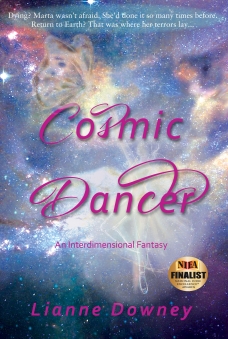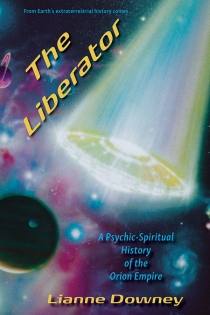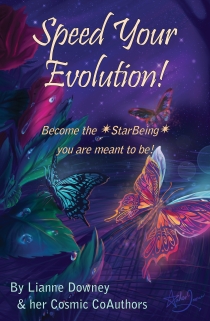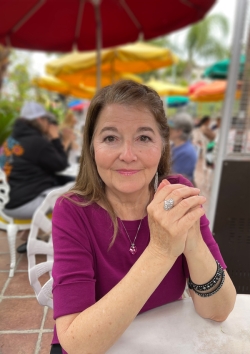Dying was easy...
DYING? MARTA WASN'T AFRAID. She’d done it so many times before. Return to Earth? That was where all her traumas and her terrors lay.
But it was too late. Now she’s come back as Amelia, an aspiring ballerina with a mother who drinks too much and a boyfriend who moves too fast. She’s started to have visions of past lives and, strangest of all, of her life between lives. She’s terrified, because it’s 1969 in her small Michigan town and no one sane speaks of such things!
But it was too late. Now she’s come back as Amelia, an aspiring ballerina with a mother who drinks too much and a boyfriend who moves too fast. She’s started to have visions of past lives and, strangest of all, of her life between lives. She’s terrified, because it’s 1969 in her small Michigan town and no one sane speaks of such things!













